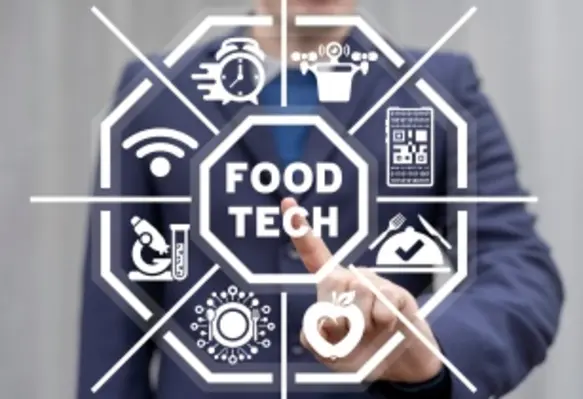In light of the current global security crisis, the National Innovation Agency (NIA) has been pushing Bangkok to emerge as the next ‘Silicon Valley’ of food tech
The agency’s ‘Space-F’ project aims at boosting the inflow of investment for the Thai food sector. The project which has been running for about three years has especially proved useful during times of crisis when several factors like climate change, inflation and the Russia-Ukraine war have largely impacted global food security. In a report published by Food Ingredients First, Pun-Arj Chairatana, executive director of NIA said, “According to the State of Food Security and Nutrition in the World 2022 report by the UN, more than 800 million of the world population, or around 10%, are now suffering from hunger in the effect of the COVID-19 pandemic, economic crisis, shortage of raw material and the decline of food safety.”
The NIA has proposed to use deep tech as a means of getting Bangkok on the map as a food-tech capital. Through the Space-F project, the NIA intends to achieve economic success not only in Thailand, but also globally. It plans to do this by improving the nine key food-tech trends covered by the project namely, health and wellness, alternative proteins, smart manufacturing, packaging solutions, novel food and ingredients, biomaterials and chemicals, restaurant tech, food safety and quality and intelligent food services. In addition to this, the NIA has also invested in food-tech start-ups as part of its project, offering entrepreneurs a platform to grow their business along with the food industry by embracing deep tech and innovation. Pun-Arj mentioned that chosen start-ups would then be trained to take on Southeast Asian and global markets.
He believed that the global food-tech industry had huge potential for future growth and expected it to be worth around US$205 trillion by the end of 2025. Moreover, he was confident that the worldwide deep tech business in food and agriculture would continue to grow at the same pace as e-commerce and fintech, thus helping Thai companies relish robust supply chains.




